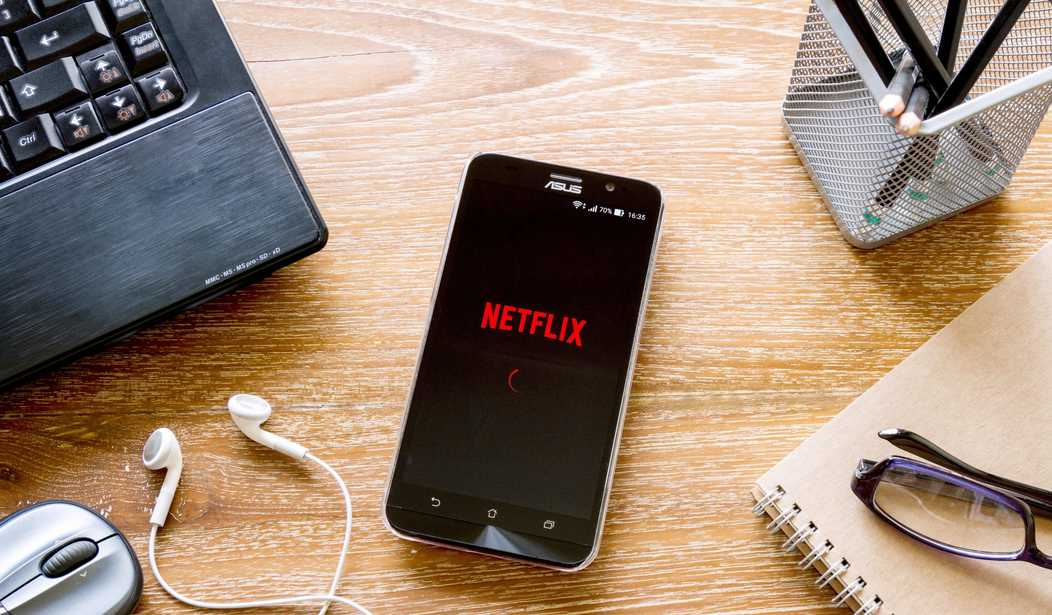The dinosaurs are dreading an extinction event.
Not many months ago, an original series landed on Netflix to some critical acclaim. Viewership, of course, was a mystery, but the launch seemed to make some noise. Yet the show’s creator — hardly a no-name player — began to fret. There had been no congratulatory call nor even an email from anyone at Netflix.
That’s a far cry from the way relationships long have been managed in Hollywood, but sources who do business with the streaming service say the silence was not atypical. “Really celebrating or valuing some of their successes — they just don’t do that,” says one agent.
Still, at a time when business is tough all over in the entertainment industry, there is a lot of gratitude for a deep-pocketed buyer that is snapping up an array of material, much of which might not find a home elsewhere. Netflix and its chief content officer Ted Sarandos are at once a savior, offering a giant gush of money to license shows that in some cases were past their prime or even out of production, and a terrifying competitor to studios.
“Out of the blue Netflix comes into the market and says, ‘We’re going to give you a number [to license a network show],’ ” says one television agent. “For the studios, it was, ‘Holy shit. Do we even need a cable sale?’ They all got addicted to crack. Nobody really thought they’d be a competitor on the originals market. They used stuff from the studios and became important. Now you see the backlash.”
The backlash is real but muted — mostly because few are willing to risk the wrath of a company that is spending $6 billion a year on programming and scored 54 Emmy nominations this year. But some executives, producers and agents who rely on deals with the streaming giant nonetheless increasingly view Netflix as an existential threat.
This is delicious and encouraging in so many ways, the first being the revelation that Netflix doesn’t massage egos. The fact that someone “began to fret” over the lack of a congratulatory call is chuckle-worthy, mostly because entertainment industry execs routinely treat those beneath them like fodder for the grinder in a sausage plant. They are not used to upstarts, which Netflix still essentially is, giving them the cold shoulder. These people are fawned over constantly and now view the lack thereof as a business problem.
It’s not.
Spend even a little time with new-media types and you will quickly see that they aren’t backwards-looking, which is precisely what makes them perfect for the 21st century evolution of entertainment. They don’t care about which people or brands were legendary in the 1980s or ’90s, and that may have the old guard as worried as the ever-shifting business model does.
As for that business model: all the talk is of fear of a monopoly, but what it’s really about is fear of a new monopoly. There’s not even really a fear of the unknown here because those paying attention can clearly see where all of this is going. It’s merely a fear of a different way of doing things. How the old guard adapts and learns to work with the new is the key. Thus far, the movie and television industries do seem to be a little better at that than the music business was. There’s an excellent documentary titled “All Things Must Pass: The Rise and Fall of Tower Records” that gives a sobering glimpse into just how flatfooted almost everyone on the non-artists business end of music was caught during the shift to digital.
Both the changing of the gatekeepers and the lowering of barriers to entry, in television especially, are extraordinarily positive developments for talent and consumers.
It’s only the backroom execs who are used to having their egos fluffed 24/7 who are sweating.









Join the conversation as a VIP Member